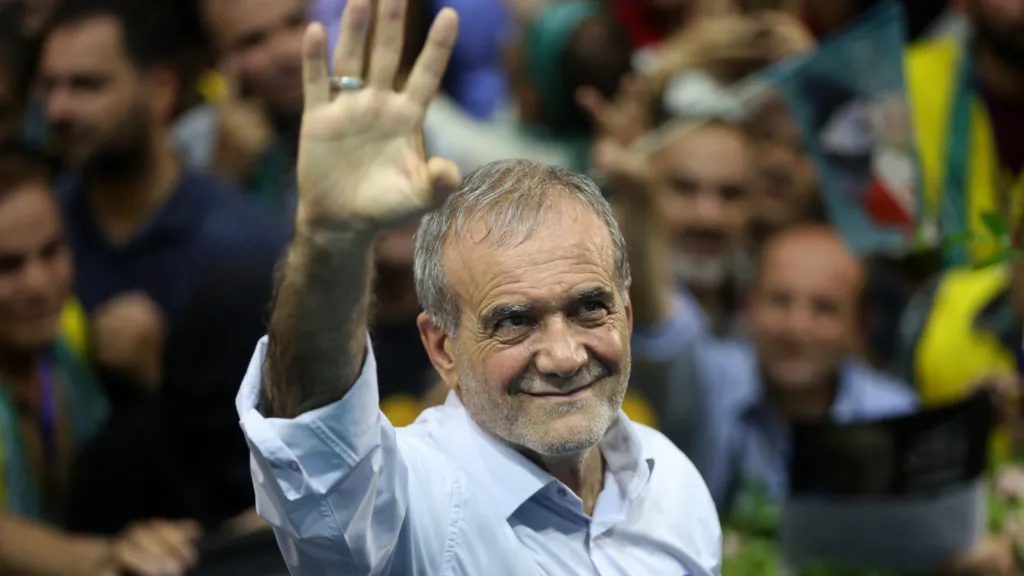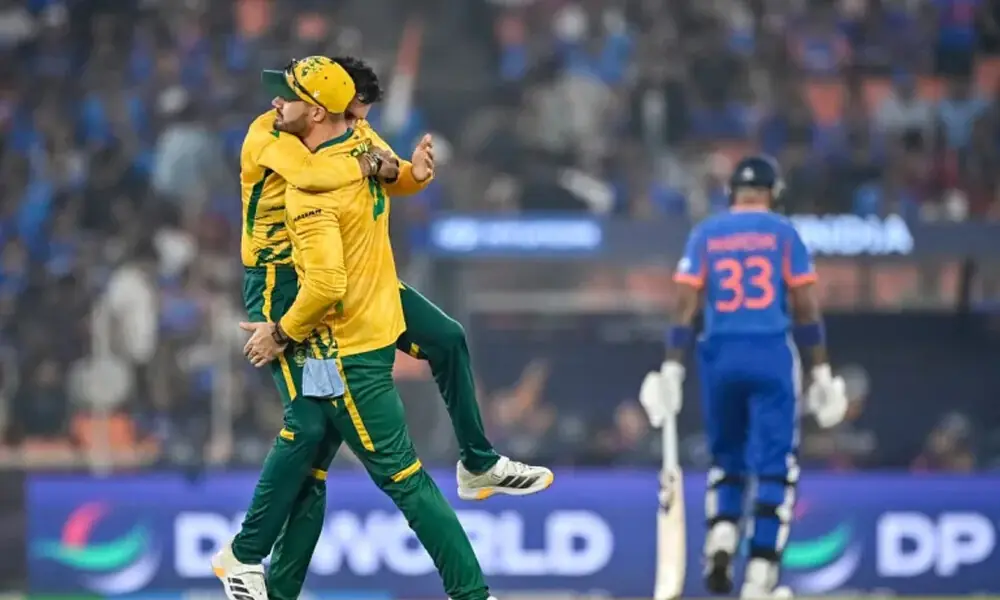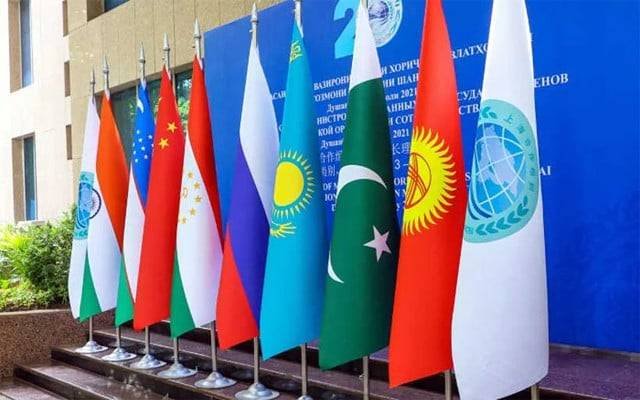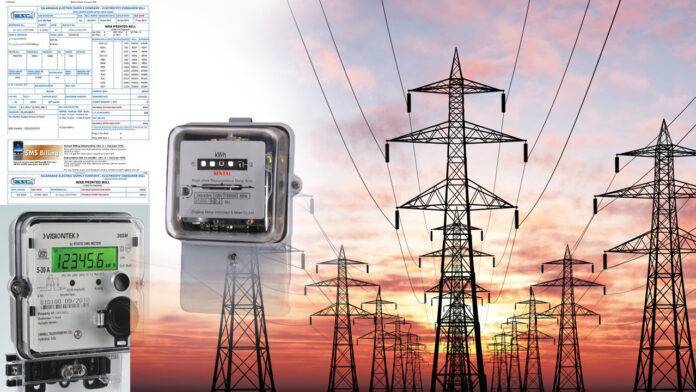Iran’s presidential election is underway, and this time, there’s a sense of suspense and unpredictability as voters choose a new leader. The tightly-controlled election process in the Islamic Republic, where a committee of clerics vets candidates, has often led to widespread voter apathy in the past. However, the current election has introduced a wildcard candidate, Massoud Pezeshkian, a reformist former heart surgeon and health minister. His campaign promises a different approach at home and abroad, challenging traditional norms and advocating for improved relations with the West.
Pezeshkian’s candidacy has garnered public support from two former reformist presidents and the former foreign minister. His rallies, which have been attracting growing crowds, and the withdrawal of two candidates from the contest suggest efforts by the clerical establishment to consolidate conservative votes. Recent opinion polls indicate Pezeshkian leading the race, ahead of prominent conservative figures such as Mohammad Baqer Qalibaf and Saeed Jalili, adding to the momentum and excitement of the election.
The el, adding to the momentum and excitement of the electionection holds significance as it follows the tragic death of the previous presidential candidate, Ebrahim Raisi, in a helicopter crash. Turnout figures are anticipated to be a key test of the legitimacy of the Islamic Republic, especially considering the record-low voter turnout in recent elections.
While Supreme Leader Ayatollah Ali Khamenei has emphasized the need for “maximum” turnout and a core of regime supporters are expected to vote, there is widespread disillusionment and distrust among young and middle-class Iranians. The nation’s leaders are also facing a widening gap with the people, particularly after a series of events, including a crackdown on protesters and the exclusion of prominent figures from electoral processes.
Many Iranians have lost hope for meaningful change through the ballot box, expressing skepticism about the potential impact of the election. The sentiments of some Iranians reflect a deep-rooted disillusionment with the political process, with a focus on the need for tangible change and improvement in the country’s economic and social conditions.
Despite the skepticism, there are individuals who see Pezeshkian’s candidacy as a source of hope for change and progress. However, assessments of his potential impact on the country’s political landscape range from expectations of a significant shift to skepticism about the extent of change he can bring, given his allegiance to the Islamic Republic and the supreme leader.
In conclusion, while the Iranian presidential election presents a possibility for change, it also underscores the prevalent disillusionment among the Iranian populace. The outcome of the election and its subsequent impact on Iran’s domestic and foreign policies, including its relations with the West, will be closely observed both domestically and internationally.
















